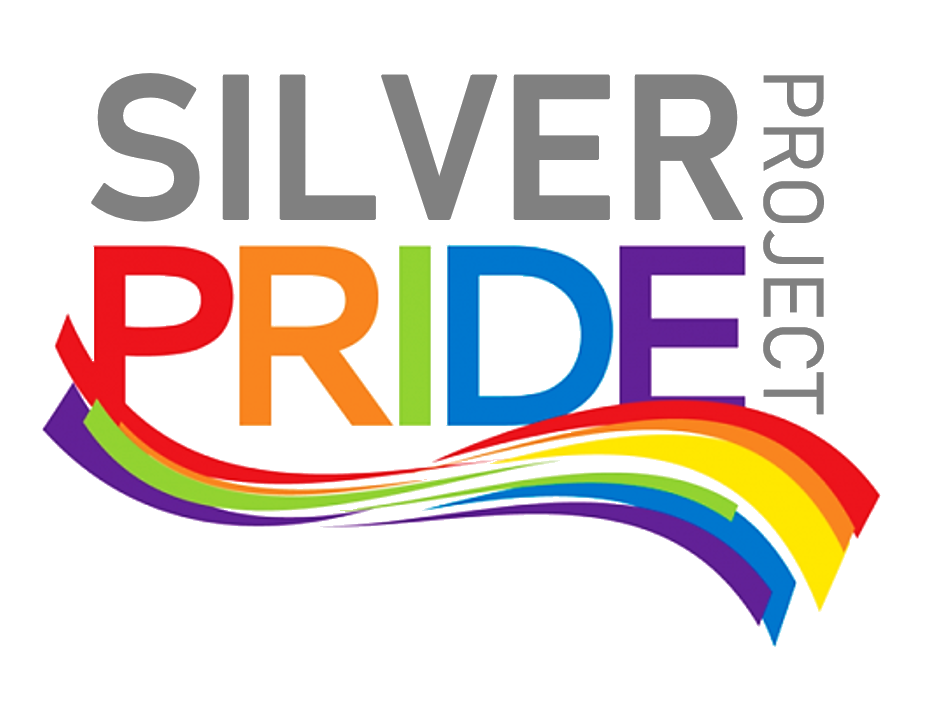Portia Faces Life
When we get older and we must depend on others, how will we be treated?
Growing up in an era of widespread prejudice, some members of the LGBT+ community stayed in the closet. Others came out and found partners but never told their families. Some discovered their sexual identity in the military. Some lost lovers and friends to AIDS, or contracted HIV themselves but take antiretroviral medicines to treat it. Some married partners from the opposite sex and had children. Some have battled anxiety and depression, drinking or drugs.
What they have in common, though, is growing up and growing older in a time when acceptance was growing and barriers to inclusion gradually crumbling, even though some prejudice remains.
Gay and lesbian baby boomers have seen extraordinary gains in social acceptance during their adult lives. Unfortunately, gender and sexual rights are almost exclusively thought of in terms of younger and middle-aged individuals, and LGBT seniors often remain forgotten across society…even within the LGBT community.
As we look ahead to old age, long-buried fears of isolation and discrimination are reemerging. Many seniors lack the support of extended families that straight people often can count on. Older Trans, Gay and Lesbian individuals can’t always depend on close relatives as caregivers. There are reports that LGBT+ seniors are three to four times less likely to have children than their heterosexual peers. But many have developed strong “family of choice” networks, sharing holidays and checking on each other, especially those who live far from where they grew up or who are estranged from their biological relatives. Many of us didn’t expect to grow old.
I never believed I would become an elder myself.
Anxiety about the future hangs over many older people, but older Trans and Gay men and women have specific concerns. They worry about winding up among homophobic or transphobic residents in a nursing home, or even worse relying on the care of homophobic or transphobic healthcare providers. Even if able to age in place, being forced to let disapproving elder care providers into their homes, opening the door to the kind of hostility they thought they’d left behind. Frequently, aging members of the LGBT+ community feel uncomfortable with home care aides who may be their most regular company, some of whom are immigrants from countries where being gay or transgender is frowned upon. They fear being put in a position where they have to hide pictures, books, or rainbow paraphernalia when the aides come into their homes.
Harassment of older members of the LGBT community is a problem nationwide. Incidents in senior housing throughout the country have surfaced recently ranging from a gay man repeatedly bullied on his way to his mailbox to the ripping down of fliers inviting gay residents to meet in the common area of one retirement facility.
A 70-year-old lesbian filed a lawsuit against her senior housing facility, which she claims has failed to keep her safe from antigay harassment. Marsha Wetzel says her senior living home failed to halt the physical and verbal abuse she suffered from other residents for being a lesbian.
Given the concerns of social isolation and limited access to friend and family caregivers, there is a strong need to create a supportive health care environment and caregiving resources for older adults within the community. For instance, one given LGBT+ Senior might not be too keen on the idea of their caregivers assuming their sexual orientation or gender identity; if such need isn’t met, the person might end up facing social isolation. Access to support networks is one of the strongest predictors of better mental and physical health among LGBT older adults. Not all LGBTQ older people have access to LGBTQ-inclusive aging services, and many worry about having to hide their identity as they age.
According to AARP’s 2018 survey of LGBTQ adults age 45 or older:
• 34% of LGBTQ older adults worry they’ll have to hide their identity to access suitable housing;
• At least 60% are concerned about neglect, abuse or verbal or physical harassment;
• 61% worry about being refused or having limited access to services;
• 52% worry about being forced to hide or deny their authentic selves.
These are the same people who over the past several decades made great achievements for LGBTQ civil rights and HIV care that we have today.
I won’t lie, I’m pretty fucking scared about my future as an elder in the LGBT community. We have religious and anti-trans groups all around us. We have an increase in hate crime towards the LGBT+ community. Our rights have been hard fought for, but that doesn’t mean that they cannot be taken away.
Our rights are under attack. Right now, it is more important than ever that we stand together and look out for each other! I look around and I see and hear so much about the youth, the young people but what about US?
We also know that the realities of living alone; not having a partner or spouse; leaving one’s home; to some of us becoming dependent on systems and people can bring about a sense of loss and grief so deep that suicide seems the only answer. If we stop thinking ONLY about ourselves and start thinking about each other, we can change the environment that causes so many of our generation to run back into the closet for safety or commit suicide. People need to know that they're going to be safe, and that there are others within the community looking out for them. With the challenges that lie ahead, we must work together to ensure the rest of our lives are the best they can be.
